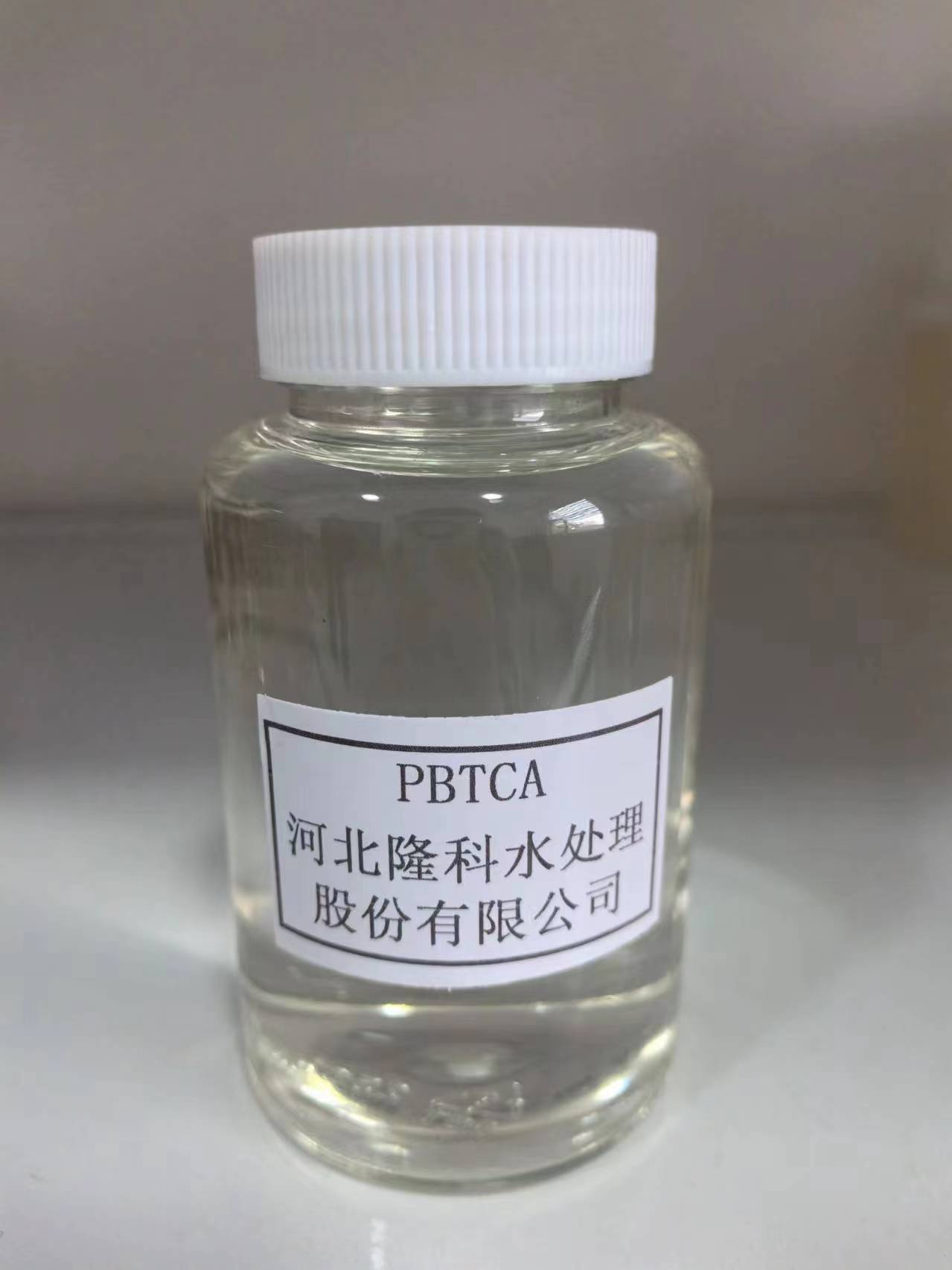flocculant chemicals for water treatment
Flocculant Chemicals for Water Treatment An Overview
Water treatment is an essential process in ensuring that water is safe for consumption, industrial use, and environmental protection. Among the various techniques employed in water treatment, the use of flocculant chemicals plays a pivotal role in enhancing the effectiveness of the purification process. This article delves into the significance of flocculants, their types, and their applications in water treatment.
What are Flocculants?
Flocculants are substances that promote the clumping or agglomeration of fine particles in water. They are typically used in conjunction with coagulants, which neutralize the charges on particles to initiate the agglomeration process. When these particles aggregate, they form larger clusters called flocs, which can then be more easily removed from the water through sedimentation or filtration. This process is crucial for the treatment of both drinking water and wastewater.
Types of Flocculant Chemicals
Flocculants can be broadly categorized into four main types natural, synthetic organic, inorganic, and biopolymers.
1. Natural Flocculants These are derived from natural sources, such as plant extracts and animal products. Moringa oleifera seeds, for example, have been shown to have effective flocculating properties. Natural flocculants are often preferred due to their biodegradability and non-toxic nature.
2. Synthetic Organic Flocculants These are man-made chemicals, frequently based on polyacrylamide. They come in various forms, such as anionic, cationic, and nonionic, depending on their charge. These synthetic flocculants are widely used in municipal water treatment plants due to their effectiveness in a range of conditions.
3. Inorganic Flocculants These typically include metal salts like aluminum sulfate (alum) and ferric chloride. They are cost-effective and have been used in water treatment processes for decades. Inorganic flocculants work well in neutral to slightly alkaline conditions, aiding in the removal of suspended solids and turbidity from water.
4. Biopolymers Derived from natural sources such as bacteria, these flocculants are gaining attention due to their eco-friendly profile. They can effectively aggregate different types of particles and offer a sustainable alternative to synthetic options.
flocculant chemicals for water treatment

Applications in Water Treatment
Flocculants find applications in various water treatment scenarios, including
- Municipal Water Treatment Flocculants help in the removal of suspended solids and microorganisms from drinking water, ensuring safe consumption.
- Industrial Wastewater Treatment In industries such as food and beverage, textiles, and chemicals, flocculants assist in treating wastewater to meet regulatory standards before discharge into the environment.
- Mining and Mineral Processing Flocculants are utilized to recover minerals by separating them from waste materials, reducing environmental impact and promoting resource recovery.
- Potable Water Production The combination of flocculants and coagulants significantly improves the efficiency of sedimentation processes in potable water production.
Conclusion
The use of flocculant chemicals in water treatment is indispensable in modern society. As the need for clean water continues to rise due to population growth and industrialization, the development and application of effective flocculants become pivotal. Advances in technology and an increasing emphasis on sustainability are driving research into new and more efficient flocculants, including biopolymer-based options that minimize environmental impact.
In summary, flocculants enhance the water treatment process by improving the removal of impurities, thus contributing to better water quality. Their diverse range of applications across various sectors underscores their importance in safeguarding public health and preserving our natural resources. As we look to the future, ongoing innovation in flocculant technology will be crucial in addressing the ever-evolving challenges in water treatment.
-
Water Treatment with Flocculant Water TreatmentNewsJun.12,2025
-
Polymaleic AnhydrideNewsJun.12,2025
-
Polyaspartic AcidNewsJun.12,2025
-
Enhance Industrial Processes with IsothiazolinonesNewsJun.12,2025
-
Enhance Industrial Processes with PBTCA SolutionsNewsJun.12,2025
-
Dodecyldimethylbenzylammonium Chloride SolutionsNewsJun.12,2025





